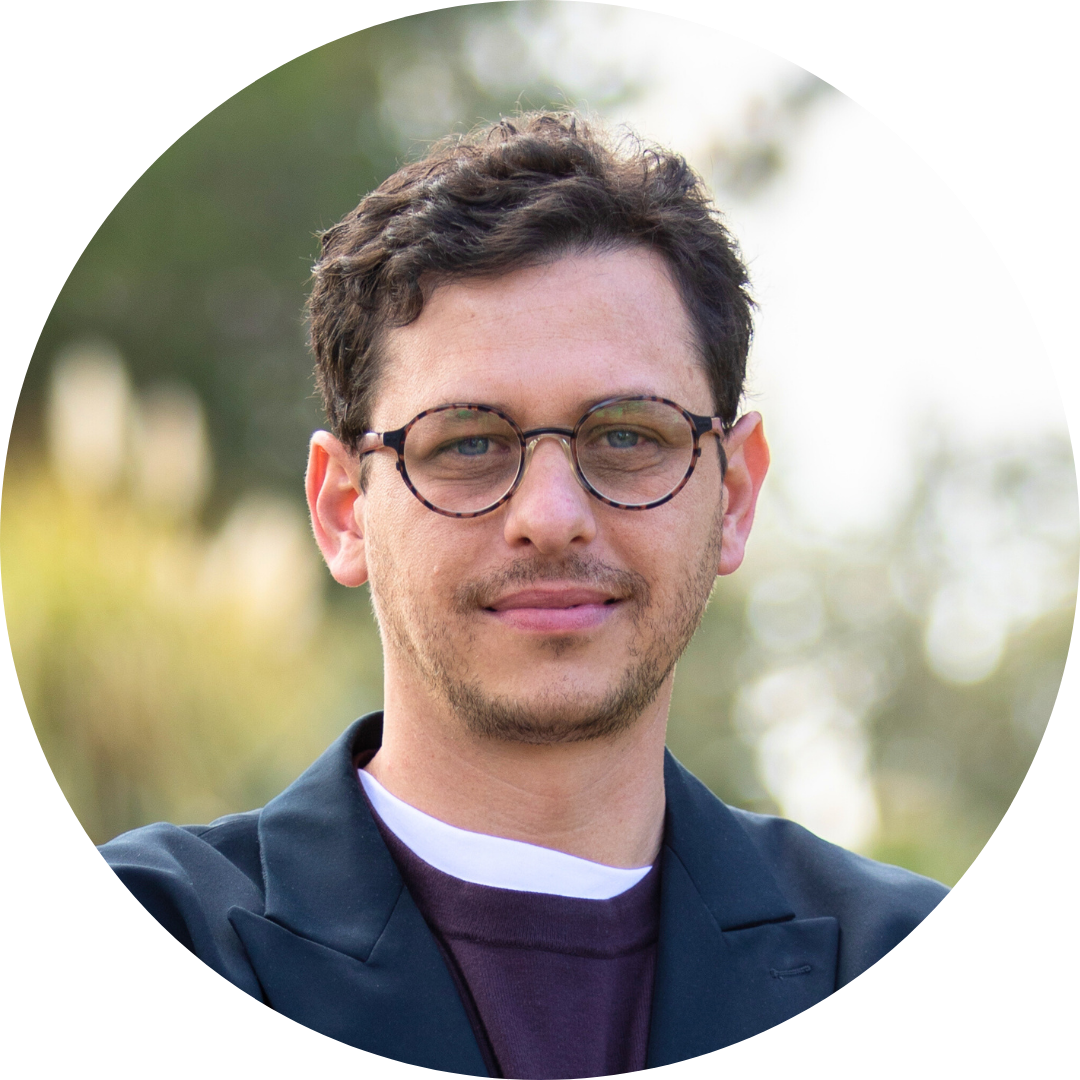Dr. Francisco González Romo de Vivar


Dr. Francisco González Romo de Vivar
Assistant Professor, Tecnológico de Monterrey, Mexico
Invited Speech: The Role of Digital Technologies in Facilitating Global Educational Collaboration: Insights from the "Trash to Art" COIL Project
Biography:
Dr. Francisco González Romo de Vivar is an Assistant Professor at Tecnológico de Monterrey, Campus Hidalgo, specializing in Art History, Visual Culture, and Semiotics. He holds a doctoral degree in Art History from Centro de Cultura Casa Lamm, where his dissertation, "Cartographies of Disarranged Territories," explored cinematic themes through Gilles Deleuze’s philosophical lens.
In his academic and pedagogical practice, Dr. González is particularly focused on leveraging technology to enhance educational experiences. He skillfully integrates the extensive ecosystem of technological tools available at Tecnológico de Monterrey into his Collaborative Online International Learning (COIL) projects. This approach not only facilitates cutting-edge virtual exchanges but also ensures that students are at the forefront of educational innovation, experiencing deeper and more engaging learning.
His projects, such as "Trash to Art" with Salem State University and a gender inequality media study with Universidad de Lima, are exemplars of how technology can bridge global educational communities, fostering collaborative and transformative learning environments. Dr. González Romo de Vivar is continually exploring new technological avenues to enrich these projects, viewing technology as a crucial ally in the quest to enhance the quality and reach of education.
His contributions to academia are complemented by a portfolio of publications and conference presentations, particularly in the realm of cinema studies. Dr. González's commitment to integrating advanced technologies in education positions him as a forward-thinking educator, dedicated to preparing students to thrive in a dynamically evolving global educational landscape.
Abstract:
In contemporary educational paradigms, digital technologies are increasingly recognized as crucial enablers of global collaboration and enhanced learning experiences. This presentation explores the role of digital technologies in enhancing global education through the Trash to Art initiative, a collaborative effort between Salem State University in the United States and Tecnológico de Monterrey in Mexico. Utilizing a range of technological tools including video conferencing via Zoom, Padlet for digital galleries, and various social media platforms for extended communication, the project exemplifies how technology facilitates educational connections across countries. These tools are essential not only for connecting students but also for enriching their learning experiences by enabling the co-creation of artworks that embody shared cultural and educational values. Moreover, the Trash to Art initiative aligns with the United Nations Sustainable Development Goals 4: Quality Education and 9: Industry, Innovation, and Infrastructure. The integration of these technologies into the curriculum enhances both the quality and accessibility of education and promotes infrastructure development through innovative practices. This presentation will detail how technology can effectively transform educational paradigms and foster a globally connected, informed, and collaborative learning environment, thereby preparing students to tackle global challenges through creativity and critical thinking.